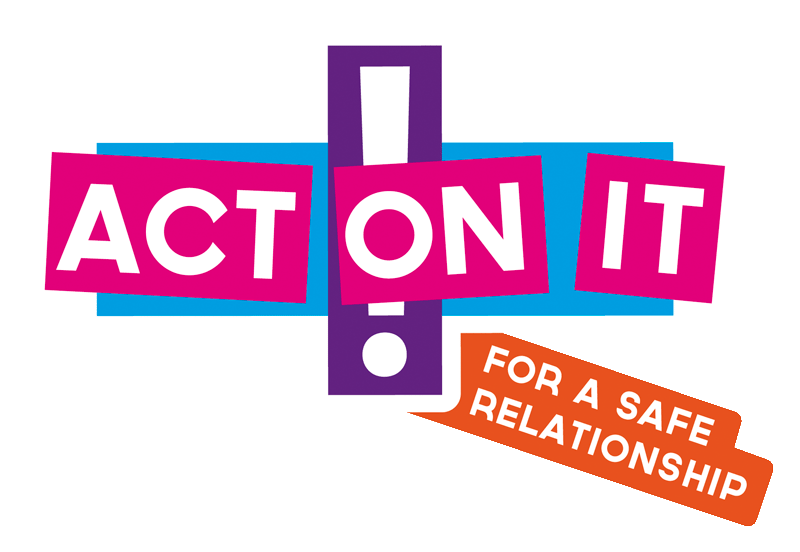
1-2-1 discussions
Talking about relationships to an individual teenager or young person…
Healthy relationships discussions with teens & young people can be very different in 1-2-1 settings than in groups.
With the right connection, you have the potential to offer invaluable support to a young person in a 1-2-1 session.
There are a few things you can do to ensure your 1-2-1 goes well.
Starting the conversation
The way you start the conversation will vary depending on the circumstances.
Some conversations about healthy, unhealthy or harmful behaviours will happen organically within a setting originally designed for something else.
Sometimes you’ll know the focus is going to be relationships right from the start.
Spontaneous 1-2-1 discussions
If your conversation happens as part of another session, you might not be expecting it.
But it’s important that you let the young person speak if they’ve chosen to open up – you might be the only person they trust with the information they’re sharing.
Scheduled 1-2-1 discussions
If your discussion has been scheduled and you’re ready to talk about relationships, you’re likely to have a few pointers ready.
But try not to be too prescriptive. Make sure the young person gets chance to raise issues that are relevant to them.
Taking their lead
Talking to a young person about their relationship can be difficult. They might not want to open up to you, so don’t force the issue if they’re not receptive.
They might not ever be ready and you need to respect that. Be clear that you’re there if they ever need support.
Gaining trust
In many cases, a young person will feel like they just ‘click’ with an adult and the trust is built from there. But there are things you can do to build rapport and make that ‘click’ more likely to happen.
Open questioning and active listening – paying attention, using body language to show that you’re engaged and asking questions to confirm you’ve understood correctly – can help you to create an open and comfortable atmosphere.
“Help me…”
If a young person opens up about a problem, give them time to talk freely. Reassure them that you’re there to offer support. Point out the choices they have. And help them seek further support if they need it.
If the young person makes a disclosure that you need to report for safeguarding reasons, tell them exactly what you’re going to do and why.
“Everything’s fine…”
People who are harmed within their relationships are often convinced by the person harming them that they’re to blame. So some young people will deny there’s a problem.
Try not to push a young person into opening up before they’re ready. If you feel like they’re open to a discussion, talk about what healthy relationships look like. What are their expectations and does their current partner meet those expectations?
Remind the young person that you’re there to support them and encourage them to chat to friends, family or other professionals if they don’t want to talk to you.
If you’re still worried and you’re not sure what to do next, contact us for advice.

